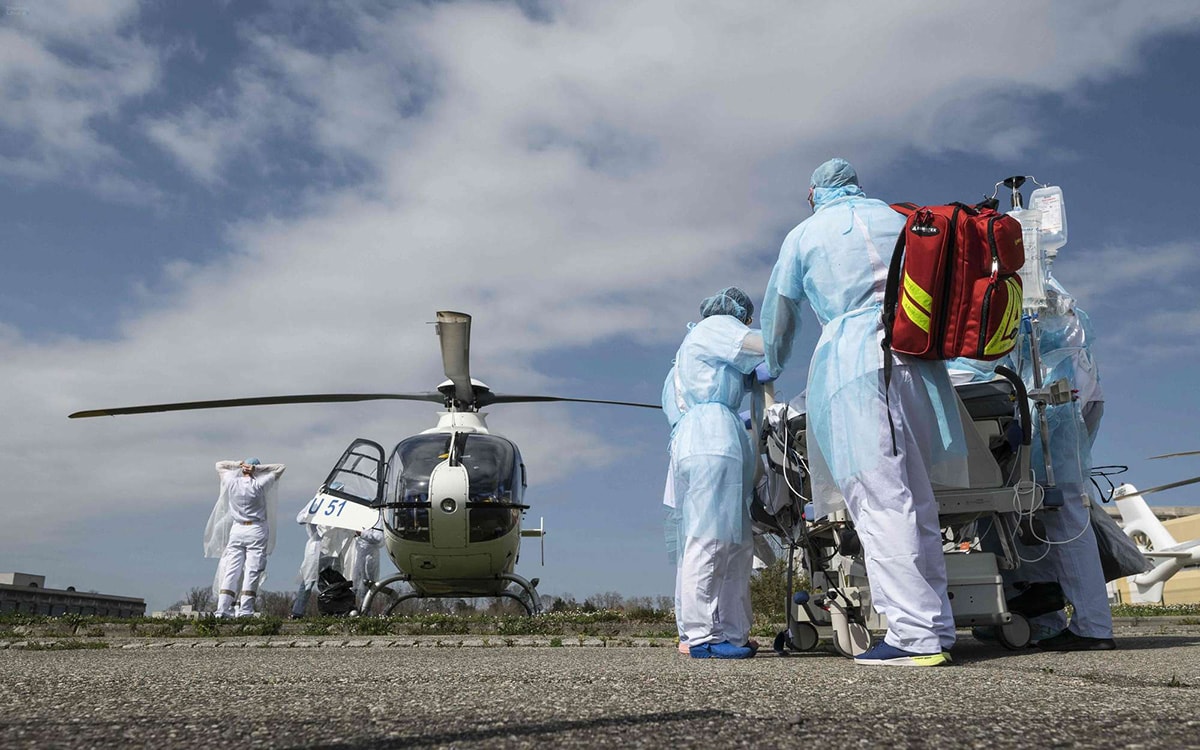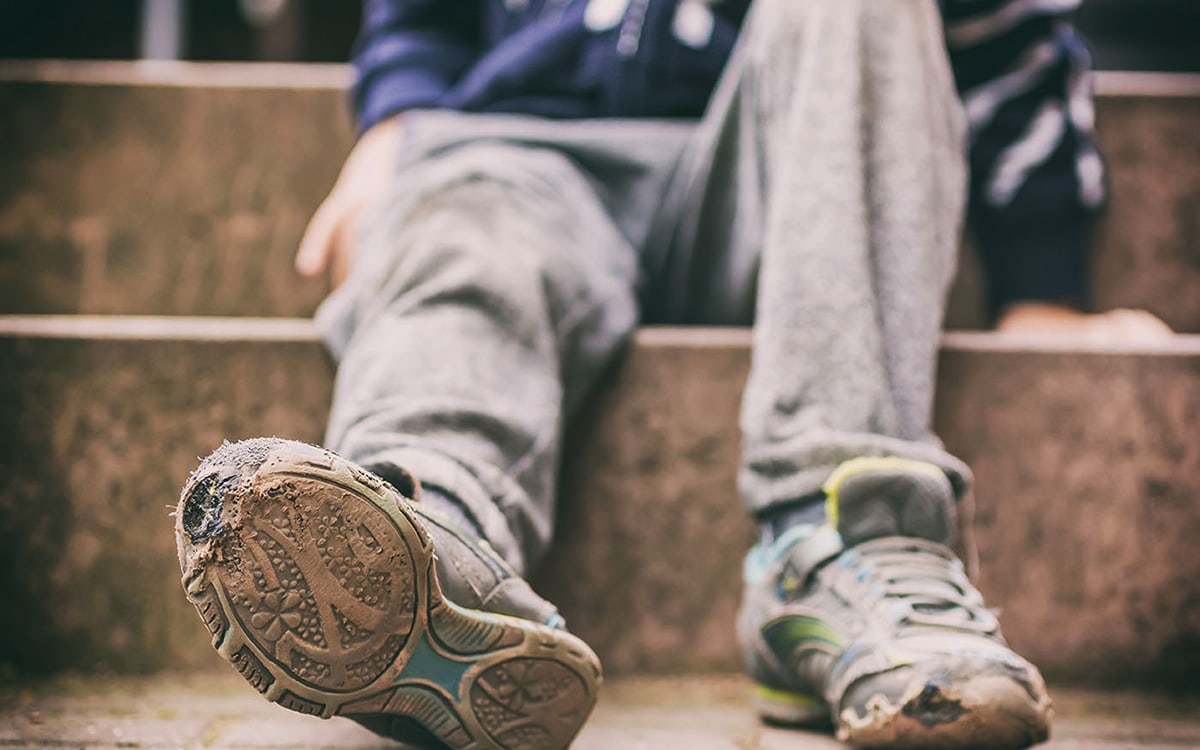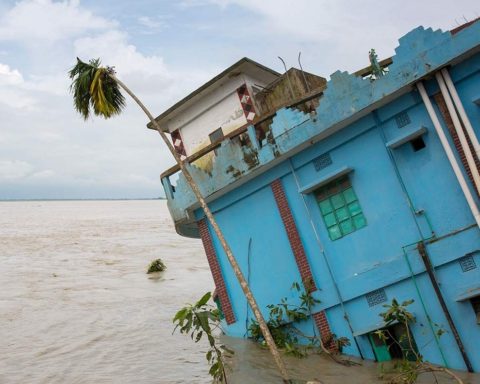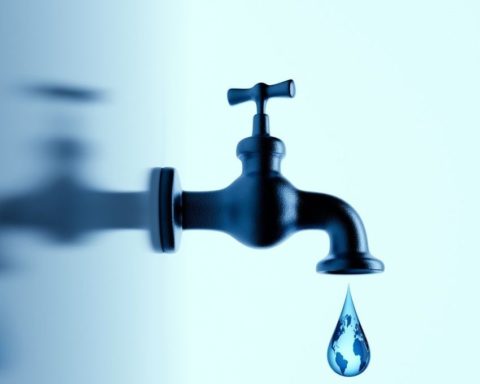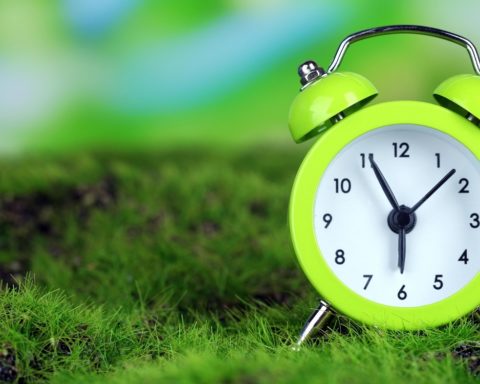What's a life worth? The question has been on the minds of philosophers, but it is also a debate that has been stirring economists for decades, and which is being revived by the prospect of deconfinement, synonymous with the trade-off between deadly risk and economic or social devastation. Asked on May 6, when the coronavirus pandemic killed more than 250,000 people worldwide, whether the US economic recovery will cost lives, Donald Trump admits: « It's possible that this could happen"
Containment measures, by freezing economic activity, lead to unemployment and insecurity. In the United States, more than 20 million jobs have been lost in a single month. In France, one month of confinement costs three points of gross domestic product, according to INSEE. « There's a trade-off: lives lost against economic losses, every economist knows that.« writes American economist Daniel Hamermesh, on the site of the IZA labour research institute.
Some people have already drawn the calculator. Bryce Wilkinson, for example, estimates in an article for The New Zealand Initiative, Liberal think tank, that spending 6.1% of the country's gross domestic product to save a maximum of 33,600 lives would be justified. « Before spending more money, we need to consider whether more lives would be saved by investing in safer roads or other health measures."
Cost of living: 3 million in France, 10 million in the United States
Daniel Hamermesh, for his part, estimates that for one life saved in the United States, 200 jobs are lost, or an average of $4 million in lost wages, where the "value of a statistical life" in the country is estimated at between $9 and $10 million by various federal agencies.
Saving lives is therefore the best economic choice, he argues, not to mention that "a life is lost forever," unlike a job.
Mathematical brutality makes one shudder, yet this notion of the "value of statistical life" is well known to policy-makers around the world. In France, it has been set at around 3 million euros, since a report in 2013 by the General Commissariat for Statistics and Prospective Studies (Commissariat général à la statistique et à la prospective).
Where does that number come from? « People are able to put a price on a bicycle helmet, there are bonuses for a risky job... That's what the calculation is based on.« Béatrice Cherrier, a researcher at the CNRS (French National Center for Scientific Research), explains the details for AFP. By combining these economic choices that slightly increase or decrease the probability of dying, statisticians arrive at some 3 million euros.
" The figure is shocking if we make it the intrinsic value of a human life...« Pierre-Yves Geoffard, a professor at the Paris School of Economics and a specialist in health economics, told AFP. It is necessary to see according to him " a tool for allocating resources for road safety, health and environmental policies. "
The World Health Organization advises that health expenditure should be measured against the concept of the "healthy life year": earning a year should not cost more than three times the GDP per capita.
Cold arithmetic does not always win out, notes Pierre-Yves Geoffard: expensive research is being carried out to try and cure very rare diseases, and no one has any objections.
Cold War
The Cold War is at the root of these debates. In the late 1940s, the U.S. Air Force was considering a strategy for an air strike against the Soviet Union. The Rand CorporationThe institute that advises it concludes that the most "cost-effective" way to do this would be to send a large number of rudimentary devices to overwhelm the opponent. Staff outcry: the learned calculation omits the "cost" of the pilots' lives sacrificed.
But how do we assess this "cost"? Based on what individuals earn, is this approach used to compensate the relatives of the victims of September 11, 2001? Would a banker be "worth" more than a cashier? At a time when the pandemic is highlighting the importance of poorly paid jobs, in commerce, logistics, hygiene?
In the late 1960s, Thomas Schelling (winner of the Nobel Prize in Economics in 2005), asked the question "How much is life worth? "becomes how much does it cost to reduce the risk of dying? "The idea of a "statistical life", which is now the most widely used, but not perfect, experts acknowledge.
In poor countries, negotiating a "risk premium" is unthinkable. So life would be worth little or nothing? On the other hand, an individual who will skip an airbag to save a few euros, will ruin himself for a treatment that only slightly increases his chances of surviving an illness: life does not have the same value depending on whether death is near, or only an abstract statistical probability.
No number can substitute for political responsibility, economists warn anyway. « There is an arbitration to be made regarding the lifting of the containment measures, there is no doubt about it. But there needs to be a public debate, not an expert figure and close the discussion.« says Beatrice Cherrier.
" Do we want this calculation to be explicit, assumed, debated? Or do we want it to remain implicit, hidden? That's what raises ethical issues« Pierre-Yves Geoffard, for his part.
Source : AFP

